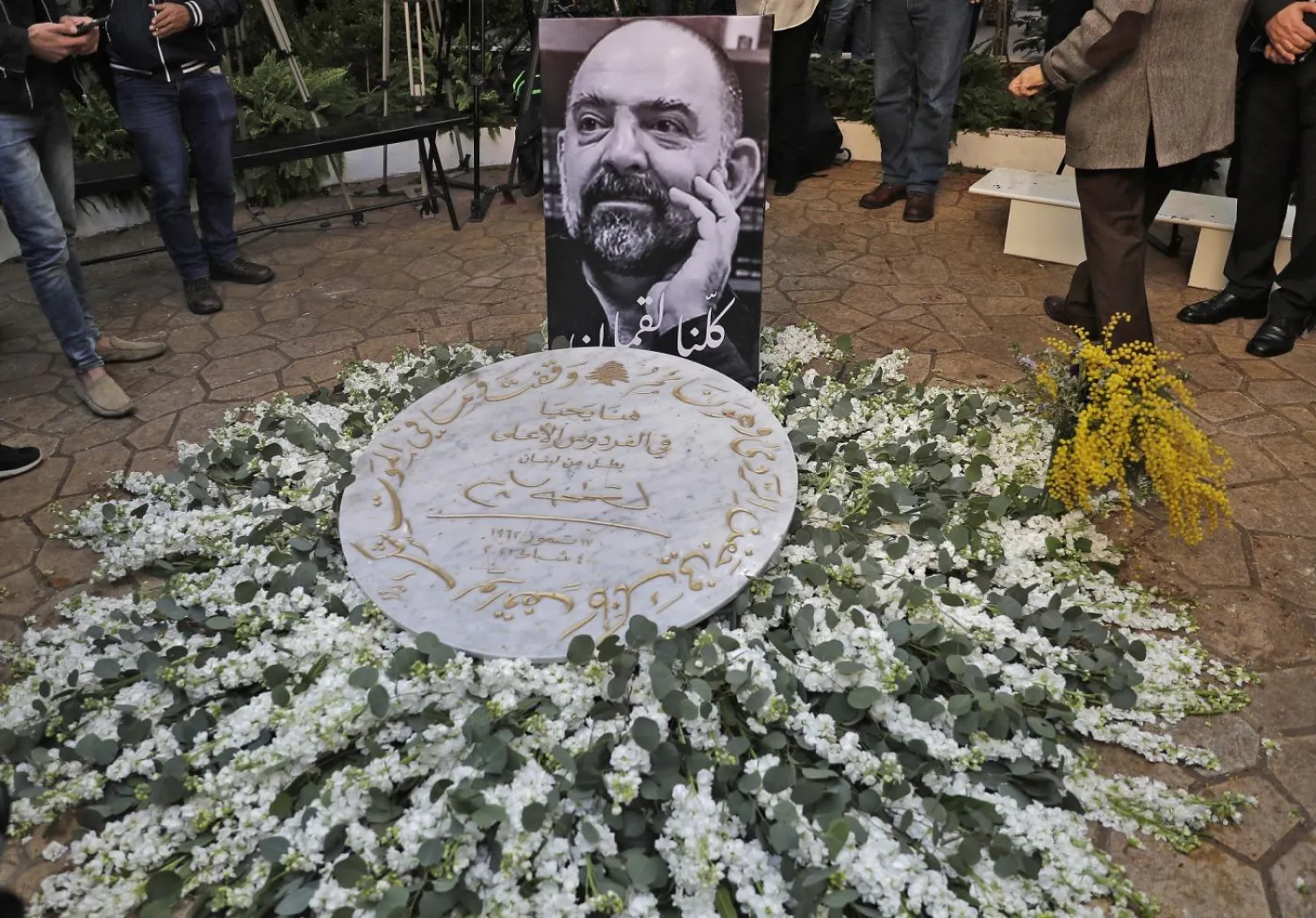Two key US lawmakers called on President Joe Biden to consider using the Global Magnitsky Human Rights Accountability Act to sanction those responsible for the murder of Lebanese activist Lokman Slim.
“This brazen assassination of an outspoken activist is likely intended to intimidate and silence others, particularly in light of Lebanon’s tragic history of political assassinations without accountability for the perpetrators,” US House Foreign Affairs Committee Chairman Gregory Meeks and Lead Republican Michael McCaul said in a letter sent to the US President.
The lawmakers added that the Global Magnitsky Human Rights Accountability Act could serve as an appropriate tool to hold those responsible accountable for the Feb. 4 extrajudicial killing of Slim in south Lebanon.
Congressional sources told Asharq Al-Awsat that there were contacts between lawmakers and the State Department for a “suitable response” to the killing.
“Bipartisan leaders are exerting extensive pressure on the State Department to issue a firm response to the brutal killing,” the sources said.
The former administration of Donald Trump had imposed sanctions on Lebanese officials, mainly former Foreign Minister Gebran Bassil, under the Global Magnitsky Act.
“Slim was a valued member of Lebanon’s civil society, promoting democratic participation while also holding accountable all members of the Lebanese government including Hezbollah,” the two lawmakers wrote in their letter to Biden.
The letter said Slim’s murder could constitute a “sanctionable gross violation of internationally recognized human rights” committed against a foreign person seeking to exercise and promote basic freedoms and the rule of law.
“We urge you to consider utilizing Magnitsky authorities in calibrating the appropriate response to Slim’s murder. We similarly urge you to consider any relevant information, including with respect to officials in the Governments of Lebanon and Iran, if appropriate in calibrating such a response,” the letter added.









